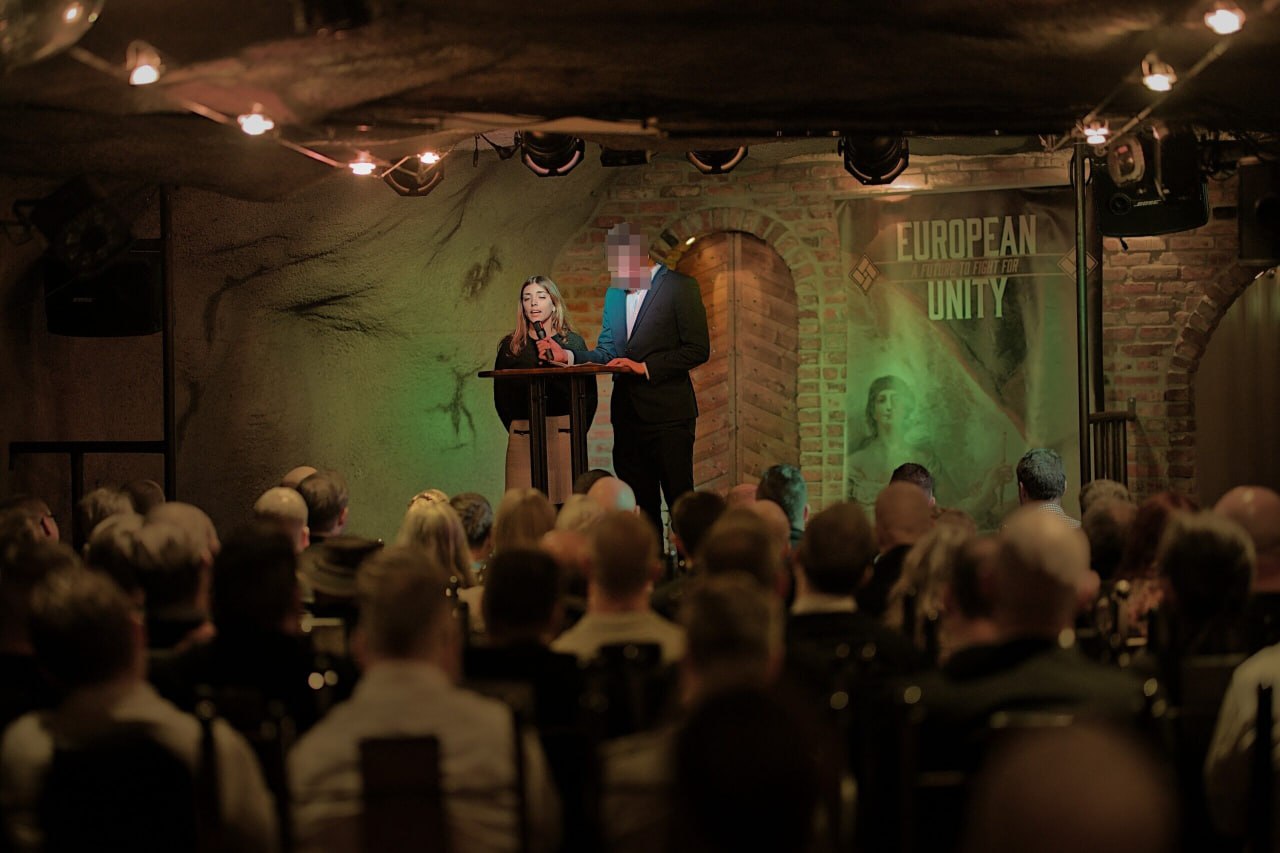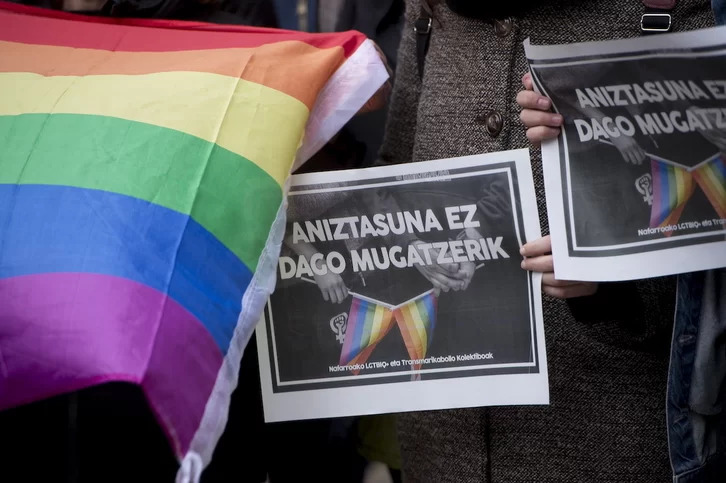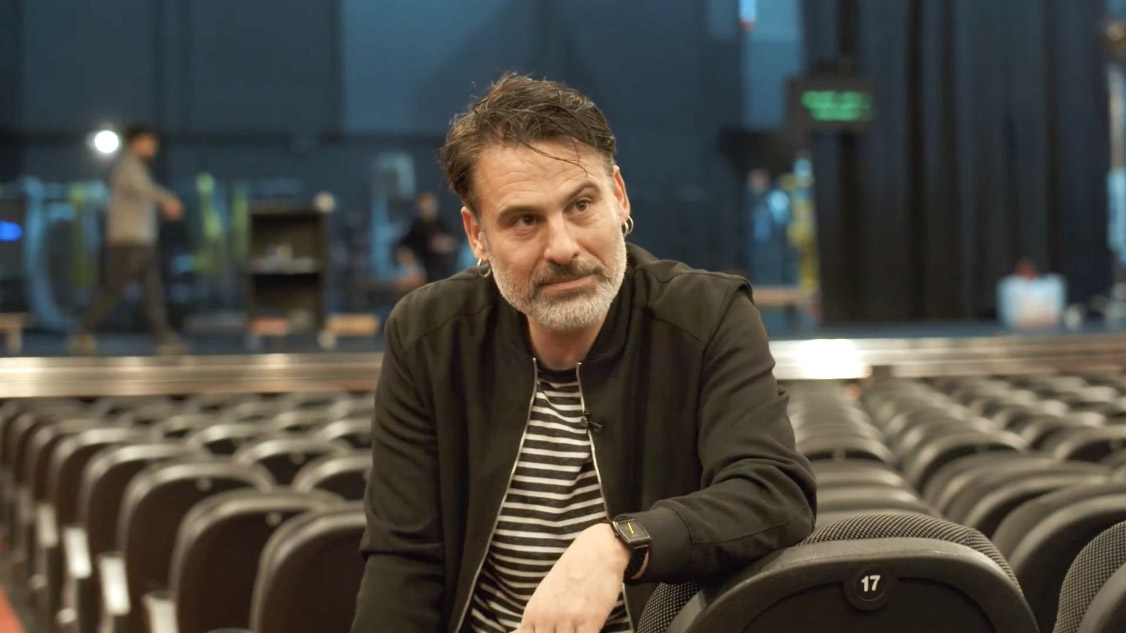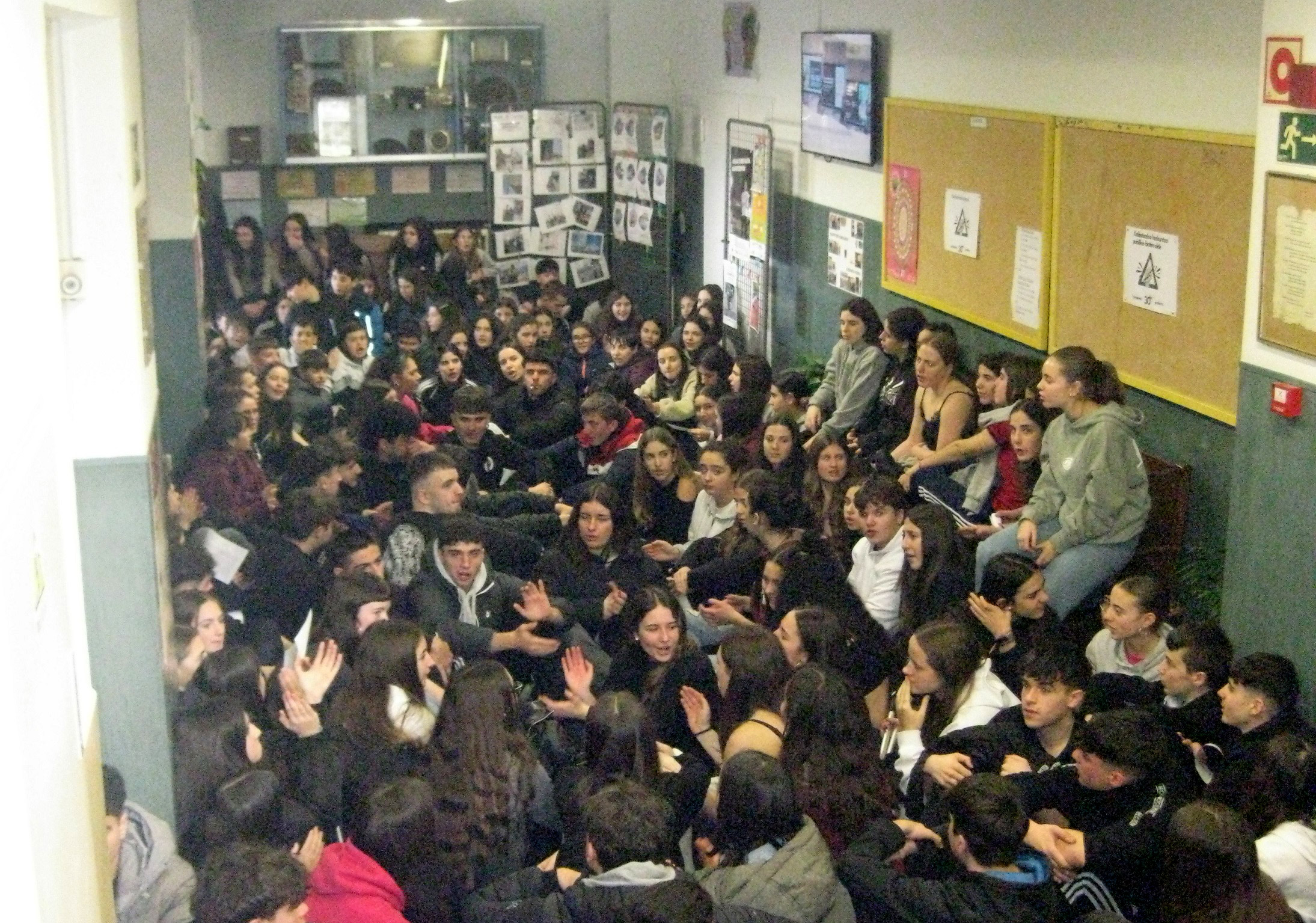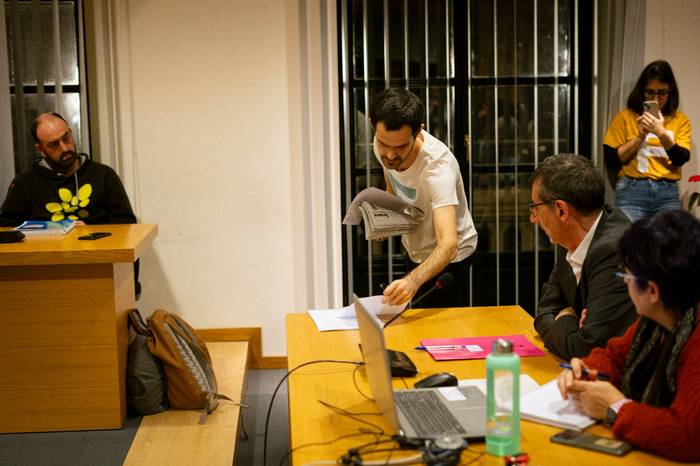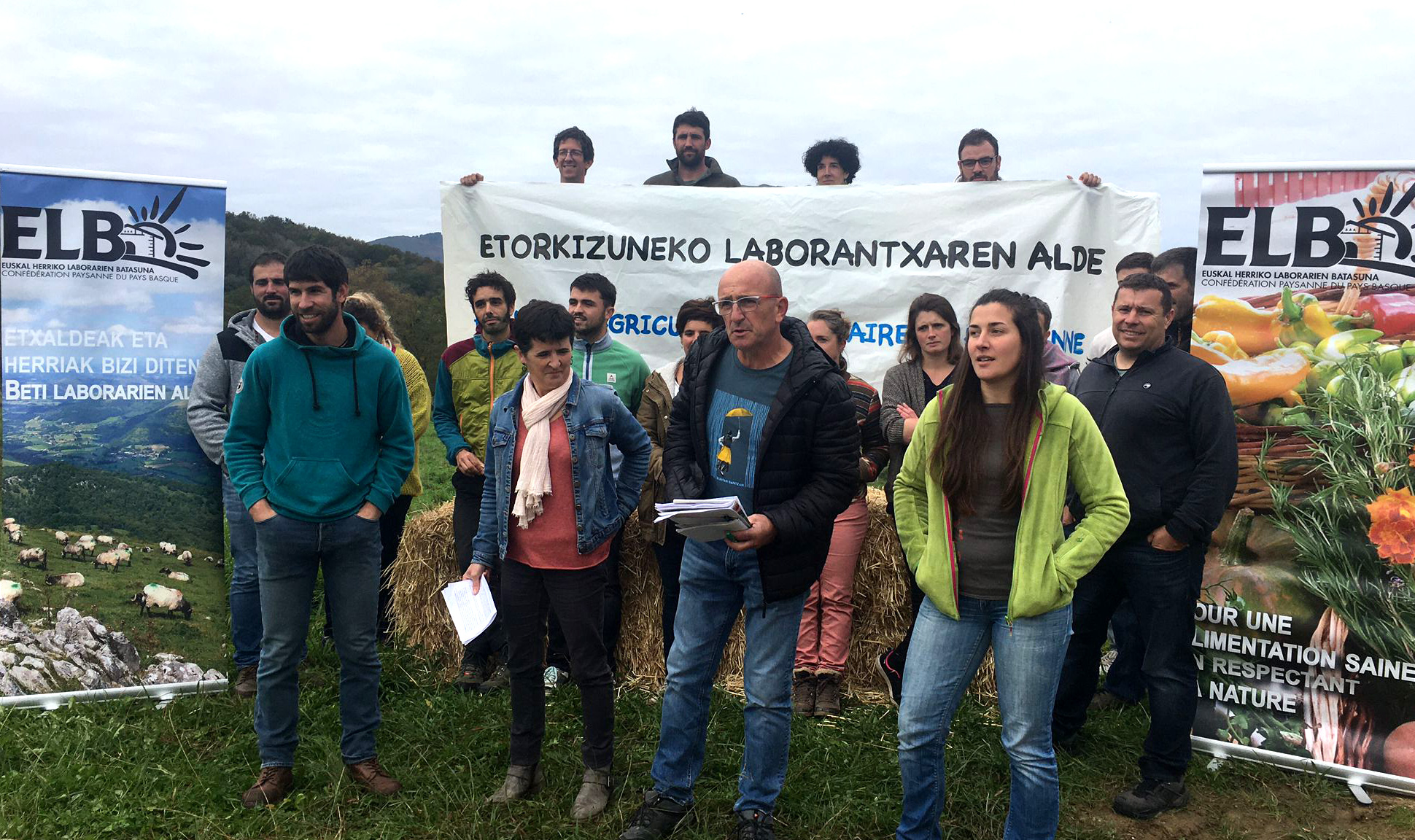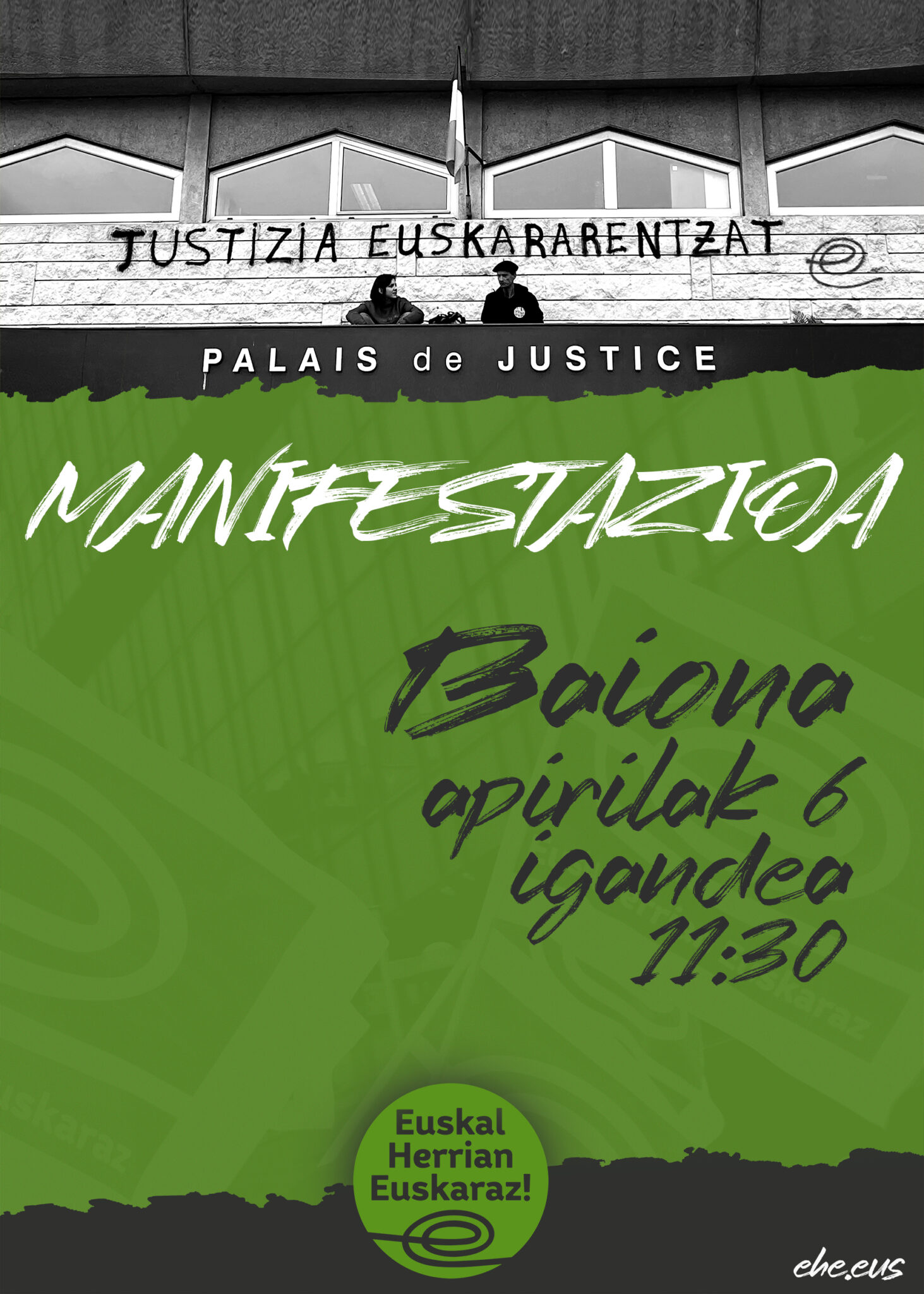Reasons for writing
- Garbiñe Ubeda::Best Isilik Elkar, 2013
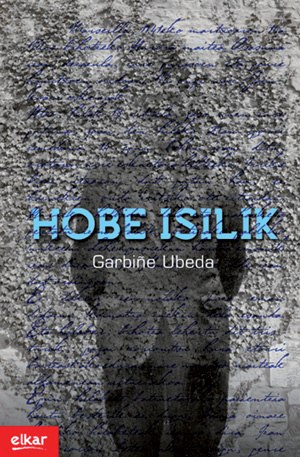
Among the reasons George Orwell pointed out for the prose, we highlight two: the desire to know the real story and leave it for others and the political impulse to change the vision of the world. Throughout the narrative, the protagonist will try to decipher the loss of his grandfather and give way to the toughest work that has been found along the way. At first, the desire to know the history of your family will lead you and in the end will be involved in a great dilemma: What to do, keep the secret or know the truth? Recovering the memory will complete its identity, modify the image that long ago was made around his grandfather, “the myth of the noble anarchist”, will evolve in the light of new data, and with new clues that appear by chapter will make the leap from macrohistory to microhistory, knowing its roots and placing a little closer to what happened in reality.
The protagonist acts as a detective to follow the steps of his grandfather, and in that path he has as accomplices and fellow travellers to his husband and barber. Everything he finds is included in a “logbook” to be able to assimilate him and organize his ideas and emotions, to give meaning to the information received, trying to understand his grandfather’s life and decisions. Virginia Woolf once said nothing was real to her, except what she wrote. And that's what the protagonist does, turning his ghosts into flesh and bone and making peace with them. In this notebook/novel he will speak directly to his grandfather back to life, with him/her this written text will be a conversation, and therefore/for that purpose the second singular person will appear continually when speaking to his/her grandfather. You and us.
For Gloria Anzaldua writing is to make alchemy from the spiritual, political, social, sexual and ethnic spheres, confronting the monsters and ghosts of the writer. In an interview with Argia, Garbiñe Ubeda said that she asked questions, did not answer questions. For example: What to do with the events found? How do we understand the facts without knowing the reasons behind them? As you delve into family history, anyone will find lights and shadows and make a hole to those you will find, locate them, hide them, store them in a chest or tell their family and friends and give them a truth. In this case we find the ideology and emotions united, and the hunches, obsessions and manias of the protagonist will be the incentive to write this story. In the end, instead of judging the other in an easy and agile way, Bakartxo and Pernan ask us to recognize and respect what has been done and what has been, placing each of us in its time and situation and understanding it accordingly.











